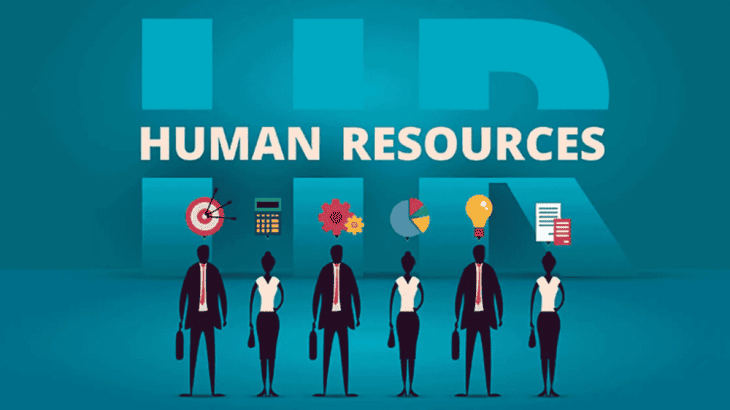In the dynamic landscape of modern business, effective Human Resource Management (HRM) is a pivotal element that can make or break an organization’s success. HRM is not merely about hiring and firing employees; it encompasses a plethora of essential skills and functions that are integral to the development and sustenance of a thriving workforce. In this comprehensive article, we delve deep into the core skills that define HRM, shedding light on the intricacies of this indispensable field.
Recruitment and Selection
One of the most critical facets of HRM is recruitment and selection. HR professionals are entrusted with the task of identifying and attracting top talent to the organization. This process involves creating job descriptions, conducting interviews, and assessing candidates to ensure the perfect fit for the job.
Employee Onboarding and Training
Once the right talent is brought on board, HRM professionals play a vital role in their smooth transition into the organization. This includes effective onboarding programs, which introduce new hires to company culture, policies, and procedures. Training and development programs are also crucial for enhancing the skills and knowledge of existing employees.
Compensation and Benefits Administration
Ensuring that employees are fairly compensated for their efforts is a cornerstone of HRM. HR professionals must establish competitive salary structures, manage benefits packages, and continuously review and adjust these components to attract and retain top talent.
Performance Management
Monitoring and evaluating employee performance is another vital skill within HRM. This involves setting performance goals, providing regular feedback, and conducting performance appraisals. A well-structured performance management system contributes to the continuous improvement of employees.
Employee Relations and Conflict Resolution
HR professionals are often called upon to mediate conflicts and foster positive employee relations. They must be adept at resolving disputes, promoting a harmonious work environment, and ensuring that employees feel valued and heard.
Legal Compliance
Staying abreast of labor laws and regulations is a non-negotiable aspect of HRM. HR professionals must ensure that the organization complies with all relevant laws, including those related to employment, safety, and discrimination.
Strategic Planning and Organizational Development
HRM extends beyond day-to-day operations; it is instrumental in long-term strategic planning. HR professionals participate in defining the organization’s vision, mission, and values, aligning HR strategies with the company’s overall goals.
Technology Integration
In the digital age, HRM has become increasingly reliant on technology. Proficiency in HR software and data analysis is crucial for managing recruitment, employee records, and performance metrics efficiently.
Change Management
Change is inevitable in the business world, and HR professionals play a key role in managing transitions effectively. They help employees adapt to new strategies, technologies, and processes, ensuring minimal disruption.
Diversity and Inclusion
Promoting diversity and inclusion is not just a moral imperative but also essential for a thriving workplace. HR professionals need to create and implement diversity initiatives that foster a culture of equality and inclusion.
Crisis Management
In times of crisis, such as a global pandemic or economic downturn, HRM skills are put to the test. HR professionals must adapt quickly, provide support to employees, and help the organization navigate through uncertainty.
Ethical Leadership
HR professionals are often seen as the ethical compass of an organization. They are responsible for upholding the highest standards of ethics, ensuring that all employees are treated fairly and with respect.
Data Analytics
Leveraging data analytics is becoming increasingly crucial in HRM. It enables professionals to make informed decisions about talent management, workforce planning, and performance optimization.
Talent Retention
In a competitive job market, retaining top talent is a significant challenge. HR professionals must design retention strategies that keep employees engaged, satisfied, and committed to the organization.
Employee Engagement and Wellbeing
Employee engagement is directly tied to productivity and job satisfaction. HR professionals must create programs and initiatives that enhance employee wellbeing and engagement, resulting in a more motivated workforce.
Conclusion
Human Resource Management is a multifaceted discipline that requires a diverse skill set. From recruitment and onboarding to legal compliance and data analytics, HR professionals are at the heart of shaping an organization’s success. These skills are not only critical to an organization’s prosperity but also to the welfare and growth of its employees. As the business world continues to evolve, HRM remains a dynamic field that adapts to meet new challenges and opportunities.





